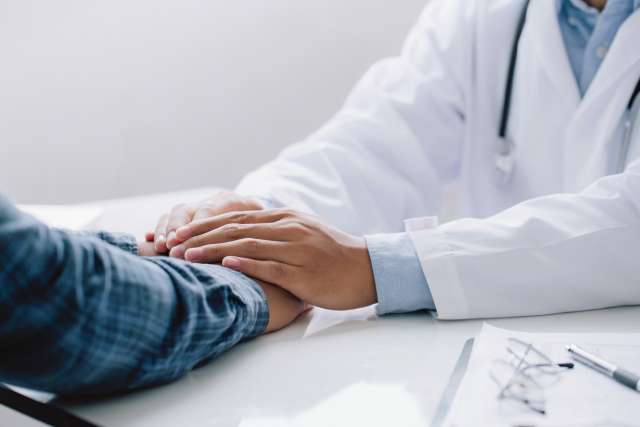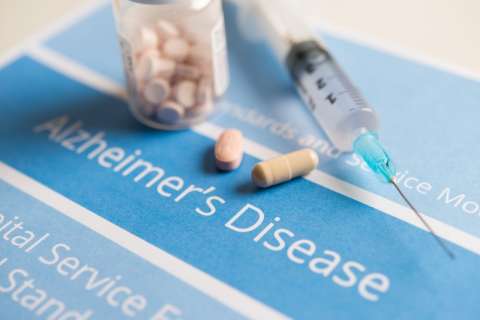Dear Doctors: I suffered a stroke about a year ago and have completed outpatient rehab. I have been having a problem understanding speakers at an event. I hear the sounds but can't understand all the words. Do you know if this is common? Is there any therapy or exercises that can help?
Dear Reader: The condition you have described is known as receptive aphasia. Also called Wernicke’s aphasia, it affects the ability to comprehend, and sometimes to produce, spoken or written language. Receptive aphasia is estimated to occur in between 20% and 40% of people who have suffered an ischemic stroke. This is a stroke in which a clot, air bubble or fragment of debris slows or blocks blood flow to the brain. Other possible causes include non-stroke brain injuries and certain neurological disorders, but these are less common.
Receptive aphasia can develop when an interruption of blood flow damages tissues in a specific area of the brain. Known as Wernicke’s area, it is located toward the back of the left side of the brain, near the auditory cortex. This region is key to helping us process and understand spoken and written language. Wernicke’s area is essentially the brain’s translation center, where the random sounds of speech are decoded and transformed into meaningful language.
People living with receptive aphasia may benefit from a form of treatment known as speech-language therapy. It’s designed to help improve or regain the ability to understand and use spoken and written language. This form of rehab works by retraining the brain through exercises that focus on language drills, repetition, question-and-answer practice and guided conversation. Therapists often incorporate drawings, photos, videos and other visual aids. The goal is to improve comprehension and strengthen communication skills.
While speech-language therapy can be effective, the results are highly individual. Outcomes depend on the location of a brain injury and the extent of damage to the tissues of Wernicke’s area. The person's age, as well as their overall health, can also influence success. So can the frequency and intensity of the therapy. Studies show this therapy is most effective when practiced intensively, between 20 and 50 hours total. That includes sessions with a therapist and practice at home. And, as with any recovery process, support is important from family, friends and health care professionals. People who have someone invested in their recovery, even clinical staff, tend to make more progress than those who try to do it alone.
To engage in this type of therapy, you’ll want to work with a speech-language pathologist. They will assess your condition, design a personalized treatment plan, oversee your sessions and track your progress. Speech-language therapy has been shown to be effective even when delivered remotely. So if you can’t find an experienced therapist nearby, you can explore virtual options.
Receptive aphasia can have a profound effect on quality of life, but with skilled therapy and steady support, many people make meaningful progress. We hope you’re able to connect with a therapist who’s the right fit for you.
(Send your questions to [email protected], or write: Ask the Doctors, c/o UCLA Health Sciences Media Relations, 10960 Wilshire Blvd., Suite 1955, Los Angeles, CA, 90024. Owing to the volume of mail, personal replies cannot be provided.)





